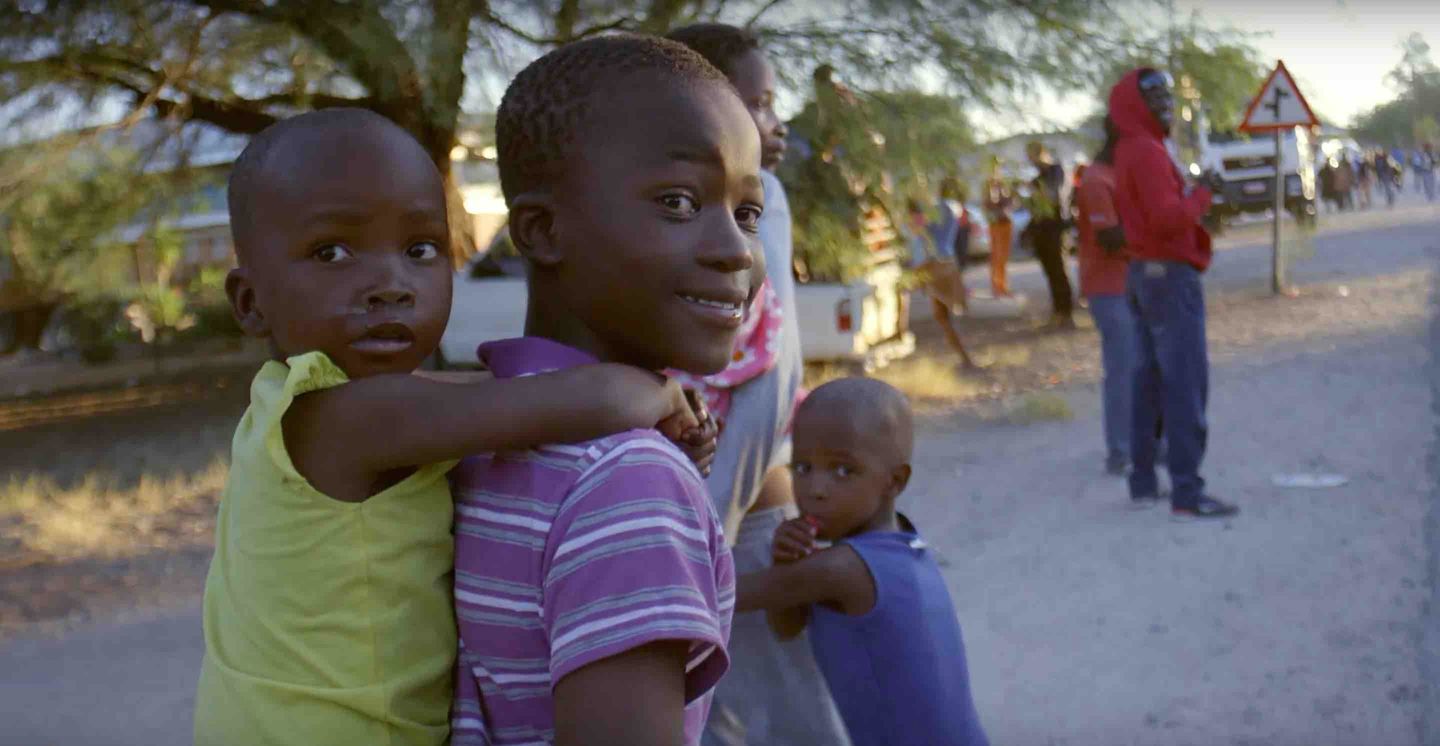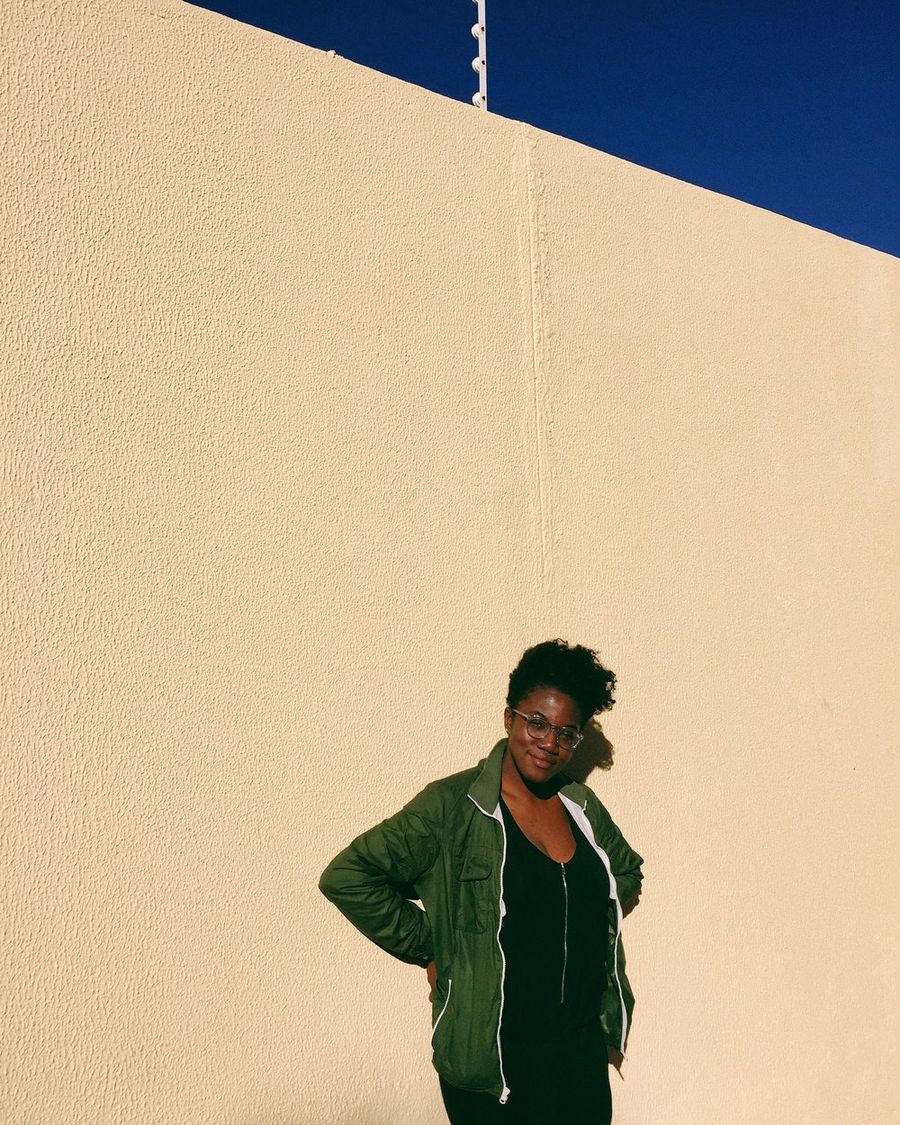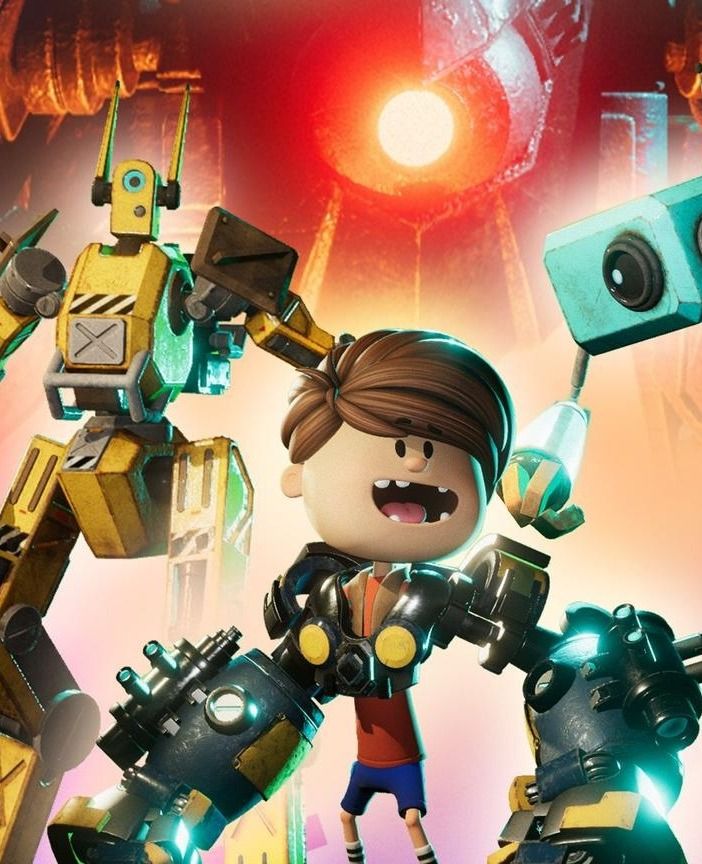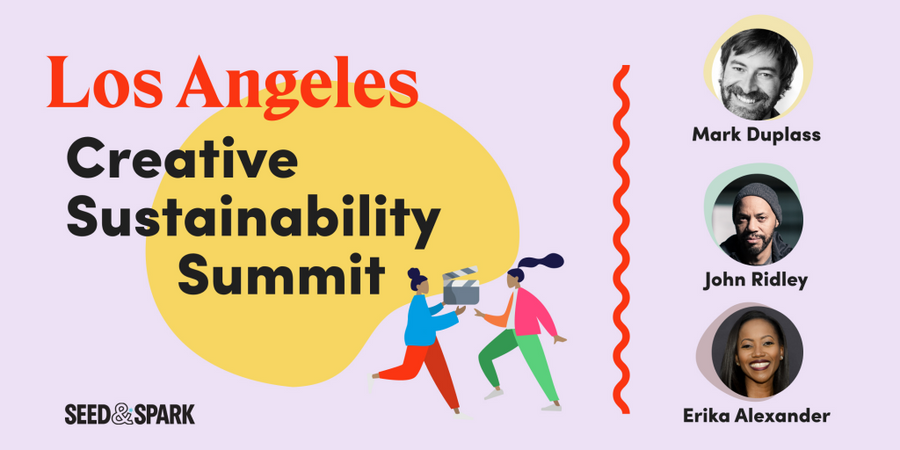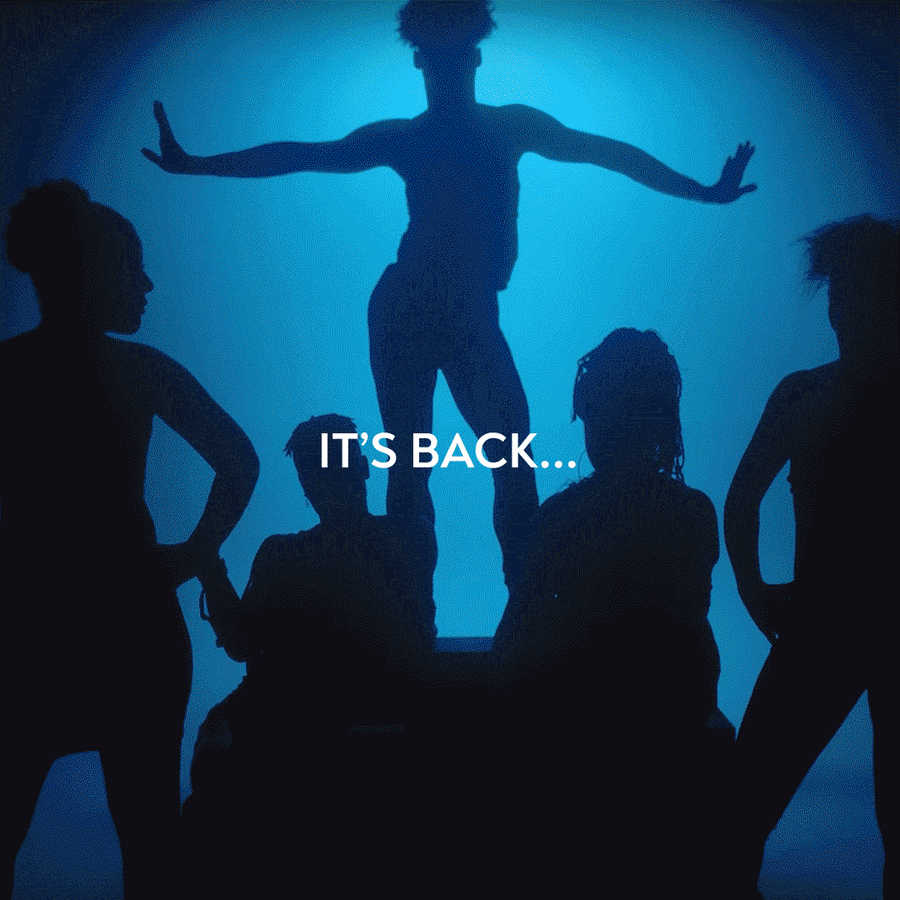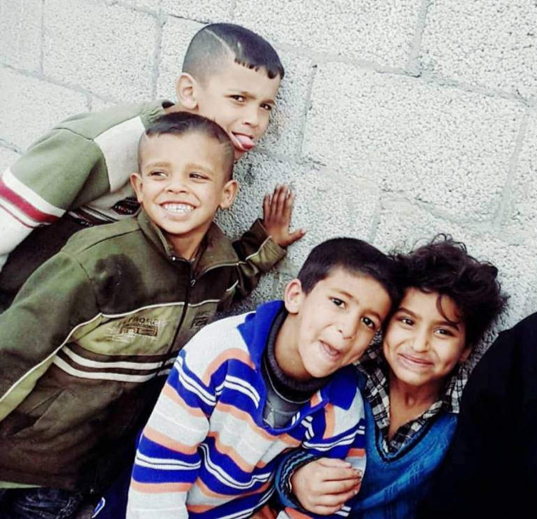A documentary is an opportunity to expose society to something they may not have known. A chance to paint a stunning picture, the brush being these honest and real lived experiences. There is a dark beauty that runs in the veins of documentary filmmaking, and it takes a strong creative to bring that beauty to light. Oluwaseun Babalola is that creative. There is no blurring the lines or manipulating events—simply the story and the subject and the reality that comes with it. Oluwaseun is dedicated to telling stories about black identity and experiences throughout the diaspora and telling them with a sensitivity that is as honest as the experience itself.
Her docuseries SOJU tells individual stories from various countries in Africa, allowing lived experiences to be the portal to worlds unknown to most people. Throughout the series, she makes us feel like friends just dropping by for a cup of tea as we regal stories from a full and lived life. That is the power of SOJU; it is a vessel into the diversity of Africa, and the beauty that comes with those different experiences. That is Oluwaseun’s calling card: showcasing the beauty in what makes us so different, yet so similar.
We talked with Oluwaseun about how she got started, the power of documentary, and where she plans to take her lens next.
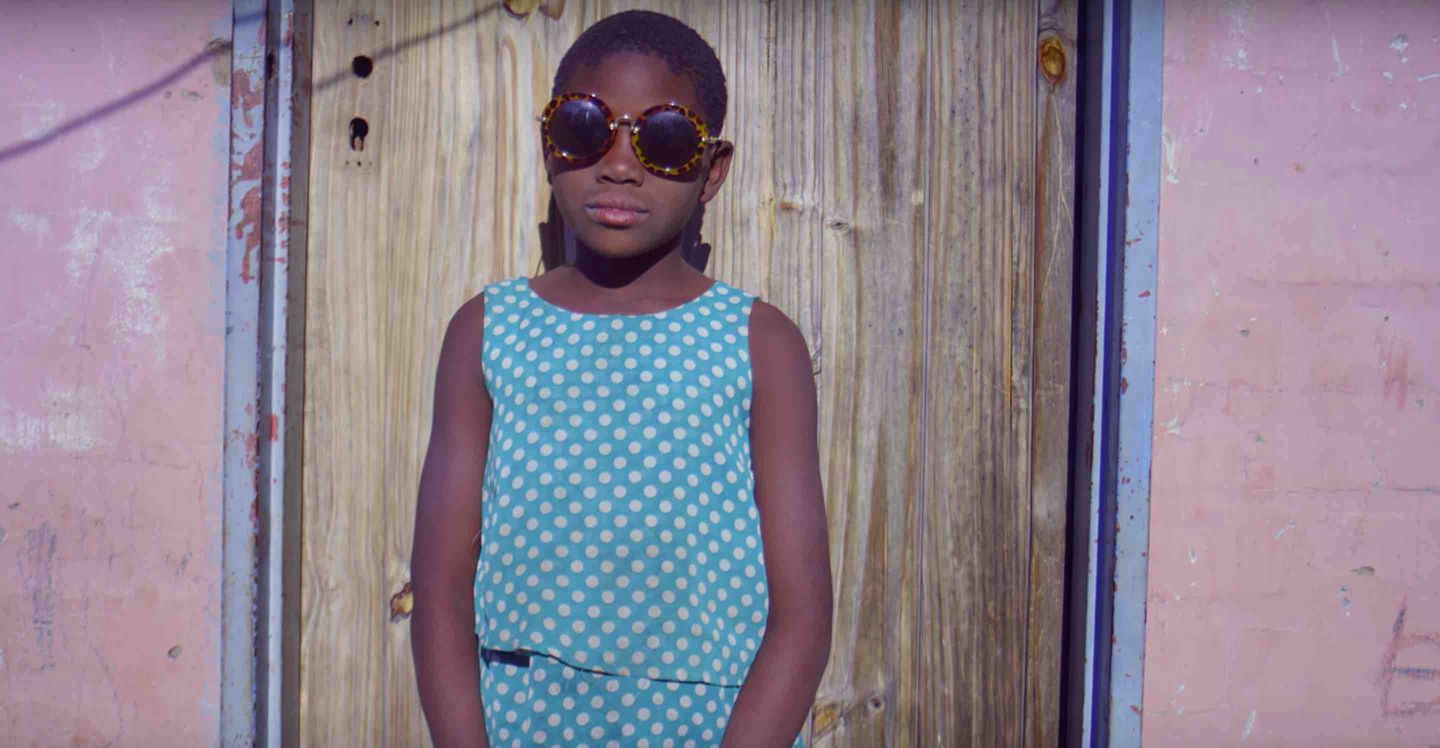
Can you give me a bit of your background?
Oluwaseun Babalola: I was born and raised in Brooklyn. My mother was born and raised in Sierra Leone and my father in Nigeria. So I grew up as a cross-culture kid. I was always really interested in music videos, TV, and film, so I studied it in college. I started working as an editor and moved over to production as a director of photography and producer, before working mostly as a director and producer. A lot of the content I’ve been interested in creating revolves around issues and topics surrounding identity, African and black people, and women.
I love seeing how our lives are preset in that way—how what we love as kids can grow into what we do career-wise as adults.
It’s interesting because I have been thinking a lot about this lately. I watched Missy Elliot’s VMA performance and realized music videos have been such an inspiration for me. The fact that you can tell such an amazing story within five minutes has always been so intriguing.
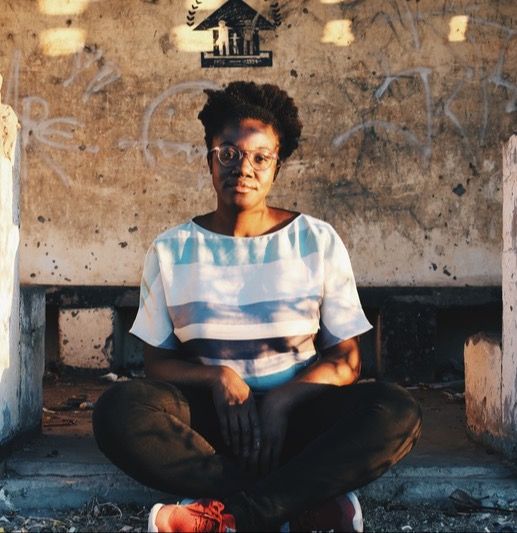
You went from music videos which are these mini-films to creating a docuseries, can you tell me a bit about making your series?
I grew up in a household where African culture was very present, either it came from my dad screaming Yoruba to our family on the phone or my grandmother speaking to me in Krio (which is what they speak in Freetown). We couldn’t afford to go when I was younger. When I finally went, I had this experience specifically in Nigeria, where the concept of me being an African wasn't understood. They were like, “If you grew up in America, how could you be African?” And I would say, “Well, I am eating the same foods as you and speaking the same language as you.” It made me really interested in identity and what it actually means to be an African.
I had the idea [for SOJU] about 10 years ago and decided to really go for it in 2013. I knew it was a huge idea and a really big leap, and I had no safety net if I failed. So I just worked multiple jobs for two years. I saved to pay for the travel, equipment, and post-production, then went to Botswana, Nigeria, and Sierra Leone. I shot it in the winter of 2015 and finished the edit in the fall of 2016. Since then SOJU has gone on to become more of a community platform than just a digital series. I am already working on the next evolution, because I feel there are so many ways that it can grow and become a source of African content and entertainment.

“[SOJU] was for black people. The places you come from—like Jamaica, London, or Cuba—shape your unique experience with blackness, but there is a common thread. We are all African people.”
I would never have thought that African people would surf or be super into heavy metal. The way you showcased the expansiveness of the African and black experience was beautiful. My wig was off!
To be honest, it was for black people. The places you come from—like Jamaica, London, or Cuba—shape your unique experience with blackness, but there is a common thread. We are all African people. It’s really important for us to learn about our individual experiences and talk about them. So we can say, “Hey, this is valid, too.” I’m really glad that your wig was thrown across the room!
You have your perspective from your culture because you were raised in it, but you are still an American. Do you feel like it was difficult for you to tell a story from a different continent?
No, I jumped into this already knowing I didn’t know everything. All I did is put myself out there as much as they revealed themselves to me. And usually, that led to a relationship where they felt that I was listening and that I had the integrity to honor their perspective. I grew up in Brooklyn, so I won’t kid myself and say I have similar lived experiences. But being African, I can relate to certain parts of it.
For a documentary, how do you keep your story as real as possible while also telling the story that you set out to tell?
When I go into doing a project, I try to make sure I am staying true to that message even as it evolves and I learn new things. For me, keeping the integrity and the balance comes from understanding that I do have privilege, that I need to take a step back. I am very sensitive to exploitation when it comes to Africans and African content. So I really put a lot of thought into where I point my camera and what it means when I point my camera there.
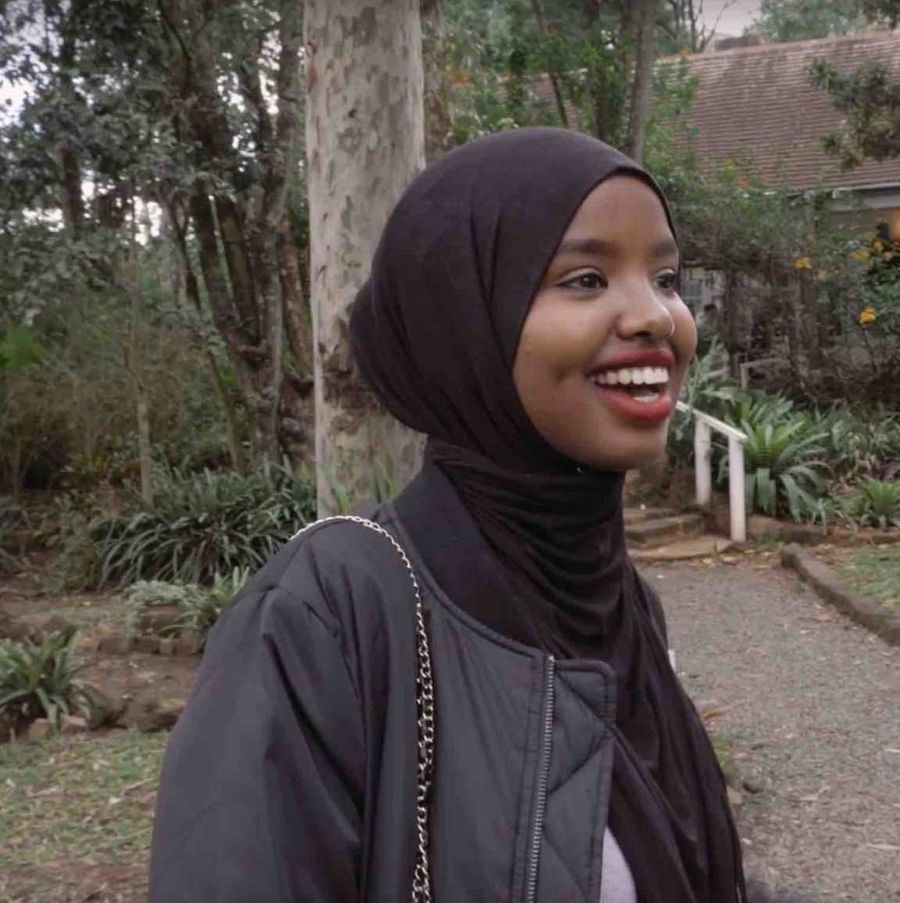
Is it important for you to be able to separate your personal feelings from your subjects or be more personally connected?
I do like building relationships with the people I am filming because I want them to know that I care. My personality-wise, even if I am close to someone or a subject matter, I am really good at taking a step back and looking at all sides. I just want to show the reality of things. That is my top priority: having that balance.

Why did you feel the need to make this as a docuseries instead of a scripted series?
I knew that there are so many amazing things happening in real life and in real time. Making a documentary is a really good way to show and preserve culture. The docuseries is not so much about a story I created. When I am showing things from the perspective of real people, it’s a more accurate depiction of what is going on. I didn’t want to make an interpretation of what I thought Africa was, I wanted to show what Africa is.
What were some of the setbacks you experienced? Things you learned?
With documentary filmmaking, you just have to be ready for anything to be up in the air. For example, in Sierra Leone, I was shooting with surfers. But when I got there, there were no waves for my b-roll. Or in another country, a person I hired lost all the audio from an entire afternoon of shooting. Then the next day, they lost three interviews we shot. In another instance, I was in Ghana and I waited four hours for a person who said they were coming and just didn’t show up. So this really taught me how to pivot and learn on my feet.
“Making a documentary is a really good way to show and preserve culture…I didn’t want to make an interpretation of what I thought Africa was, I wanted to show what Africa is.”
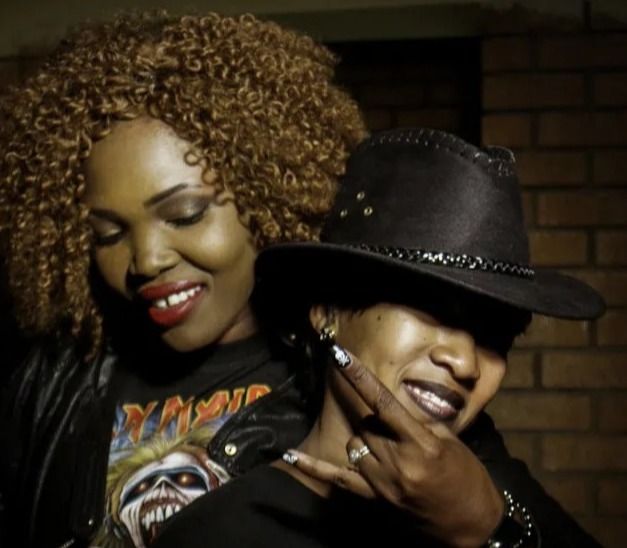
You said that you work as a producer as well. How do you manage your balance of working on this passion project and work and personal life?
Do I balance it? In terms of work, I have the bad habit of getting really obsessive about ideas and projects I have. I have to tell myself, “Slow your roll. You need to take a break.” I made the decision to go freelance last year, which has helped a lot in terms of balance and picking projects. I feel a bit freer. I think it is all a work in process and I will keep adjusting it the more work and life changes.
Do you have any advice for anyone who wants to make a docuseries themselves?
I talk to a lot of friends who are like, “I have this idea,” and we all get ourselves to think we can’t do something unless it’s perfect or unless we have this camera, or are in this life situation, etc. If you have an idea, even if you have to start taking footage on your phone, just do it. That can eventually become a reel and you can get funding, get a camera, and do other things. The hardest part is taking the first step.
